The Second Continental Congress Convenes
In 1775, despite the seemingly unavoidable conflict between the colonies and England, there was disagreement regarding our future relationship. Some, like John Dickinson, wanted to remain loyal to the King, some were undecided, and others, including John Adams, wanted to declare independence. Watch Americana Corner’s latest video and learn how the opening debates resulted in a last attempt at reconciliation, and why it still matters today.
Tom Hand, creator and publisher of Americana Corner, discusses how the opening debates resulted in a last attempt at reconciliation, and why it still matters today.
Images courtesy of the National Guard, National Portrait Gallery - Smithsonian Institution, Library of Congress, The New York Public Library, National Gallery of Art, Harvard University Portrait Collection - Bequest of Ward Nicholas Boylston to Harvard College, 1828, Wikipedia.
The Presidential election of 1800 was one of the most controversial and consequential in the history of the United States. It represented a true changing of the guard as the Federalist party of Washington, Hamilton, and Adams gave way to the Democratic-Republican ideals of Jefferson and Madison and took the United States in a different direction for a generation to come.
John Adams’s loss to Thomas Jefferson in the presidential election of 1800 was a great disappointment for Adams as he felt he deserved another term based on his accomplishments during his four years as President. But Adams accepted the verdict of the Electoral College and looked forward to the next phase of his life.
The only fighting in the Quasi-War occurred at sea, and mostly in the Caribbean. But with war at a fever pitch and French interests so close by in Louisiana, there was a very real concern in Congress about a possible French invasion of the United States from the west.
Between 1798 and 1800, the United States fought an undeclared war with France called the Quasi-War, or Half War, because it was not formally recognized by Congress. It was largely a naval conflict fought in the Caribbean and southern coast of America and developed because of a series of related events that soured the formerly strong relationship between the two nations.
America’s first armed conflict with a foreign nation following the American Revolution was not the War of 1812, but rather a mostly forgotten fight called the Quasi-War. Although little known today, in its time it made a significant impact on the course of American history, affecting trade, the creation of the United States Navy, and a presidential election.
The disrespect shown to the United States by France in the XYZ Affair in the spring of 1798 pushed the Federalists who controlled Congress to pass the Alien and Sedition Acts, a series of four laws, which President John Adams reluctantly signed into law in July. Posterity has viewed these measures harshly, but it is important to view them from the lens of 1798 and not modern times. At the time of their enactment, although many had reservations, the rationale behind them was not entirely groundless.
On March 4, 1797, John Adams was sworn in as the second president of the United States and began a four-year stretch that would be dominated by a deteriorating relationship with France. Adams would also see a decrease in support from his own Federalist Party as the supremely conscientious Adams pursued policies that he deemed best for the country, but not necessarily best for the party or his popularity.
John Adams was one of America’s greatest patriots from the Founding generation. From gaining unanimous agreement from state delegations to the Declaration of Independence to obtaining favorable terms in the Treaty of Paris, Adams may have contributed more to America gaining her independence than anyone other than George Washington.
After serving two terms as President, George Washington decided to not seek a third and instead retire from public life. His decision led to the country’s first contested presidential election in the fall of 1796, pitting Thomas Jefferson against Vice President John Adams. Arguably, no presidential election in the history of the United States has ever featured a choice between two such American titans.
After Lord Charles Cornwallis surrendered to General George Washington in Yorktown on October 19, 1781, English officials reached the painful conclusion that the war was simply too costly to continue. Not only was the war in North America expensive to prosecute, but it was also a distraction from England’s defense of their more lucrative possessions elsewhere in the world, such as the sugar islands in the Caribbean and trading posts in India.
In December 1777, following the loss of Philadelphia, our nation’s capital, General George Washington moved his Continental Army to Valley Forge for the winter. It would prove to be a desperately hard winter for the soldiers, with conditions that might have broken the spirit of less determined men, but one from which the American army emerged a more professional fighting force.
Our nation’s capital has twice been captured by a foreign army and in both cases, it was by British Redcoats. The more famous incident was the burning of Washington on August 24, 1814, during the War of 1812. However, the first occurred 37 years before that event, in 1777, when the British captured Philadelphia, the capital of newly independent United States.
General George Washington and his Continentals had achieved a great victory at Trenton on December 26, but the General saw another opportunity if he acted aggressively. On December 30, he recrossed the Delaware hoping for another miracle.
When it came to finding the right man to command the new Continental Army assembled around Boston, George Washington was the logical choice. John Adams quickly nominated Washington and Congress unanimously approved. As Adams stated, “This appointment will have a great effect in cementing and securing the Union of these colonies.”
As befitting a wealthy landowner in colonial Virginia, George Washington became active in the colony’s politics in the 1750s. He first ran for a seat representing Frederick County in the Virginia House of Burgesses in 1755 but lost the election. Interestingly, it was the only political race he would ever lose. Washington ran for that same seat in 1758 and was victorious, and he held this seat for seven years.
When George Washington resigned as Colonel and Commander of the Virginia Regiment in 1758, he returned to Mount Vernon to begin his life as a gentleman planter. Although in less than twenty years Washington would be called away by his country, his time between the French and Indian War and the American Revolution was a significant portion of this great man’s life.
With the demise of Lawrence Washington in 1752, George Washington inherited much of his stepbrother’s property, becoming a significant landowner at the age of 20. Lawrence’s passing also opened up an Adjutant’s position in the Virginia militia that George coveted given his love of military history and desire to follow in his brother’s footsteps.
George Washington is more responsible for the creation of America than anyone else in our country’s incredible history. He was the right man with the right set of characteristics and talents at just the right time. It is hard to imagine the United States could have happened without his presence.
Benjamin Franklin was one of the world’s foremost inventors and scientists in the 1700s. His creative genius and inventiveness led to many significant discoveries that made living life easier for all. Moreover, he was proof positive that brilliant minds existed in British America, despite its backwoods reputation in Europe.
Benjamin Franklin made his money in the printing business, but his true calling was as a man devoted to understanding and improving all aspects of life. Franklin’s interests and innovations stretched from the areas of civics to morals to science to home improvements. His efforts left the world a better place.
Benjamin Franklin was the leading printer in British America, but he was also one of the most successful authors of his time. Over the course of Franklin’s impressive life, he wrote two of the greatest treasures of American literature, Poor Richard’s Almanack and his Memoirs, also called The Autobiography of Benjamin Franklin.
Benjamin Franklin was the most successful printer in British America, owning or controlling most of the newspapers in the colonies by 1753. He got his first taste of the printing business in 1718 at the age of twelve while working at The New England Courant in Boston, a newspaper owned by his older brother James.
Benjamin Franklin was one of the most gifted and intriguing men in American history. His incredible rise from humble beginnings to one of the most famous men in the world is an inspirational story. It all began in Boston on January 17, 1706, when Franklin was born to Josiah and Abiah Franklin.
The only fighting in the Quasi-War occurred at sea, and mostly in the Caribbean. But with war at a fever pitch and French interests so close by in Louisiana, there was a very real concern in Congress about a possible French invasion of the United States from the west.
The Quasi-War was an undeclared war between France and the United States, largely fought at sea in the Caribbean and along the southern coast of America, between 1798 and 1800. It developed because of a series of related events that soured the formerly strong relationship between the two nations.
America’s first armed conflict with a foreign nation following our Revolution was not the War of 1812, but rather a mostly forgotten fight called the Quasi-War. Although little known today, in its time it made a significant impact on the course of American history, affecting trade, the creation of our Navy, and a presidential election.
John Adams lost the Presidential election of 1800 to Thomas Jefferson after a bitter fight. Adams was terribly disappointed as felt he deserved another term, but he accepted the verdict of the Electoral College.
To avoid a war with France, in 1797, President John Adams sent a diplomatic delegation to Paris to calm rising tensions. When our team arrived in France in October 1797, they were approached by three French officials whose code-names were X, Y, and Z. These Frenchmen demanded large bribes from the Americans for themselves and other French officials before negotiations could start.
After eight years as Vice President under George Washington, John Adams hoped to succeed the Father of our Country as President of the United States. His successful election in 1796 gave him his chance.

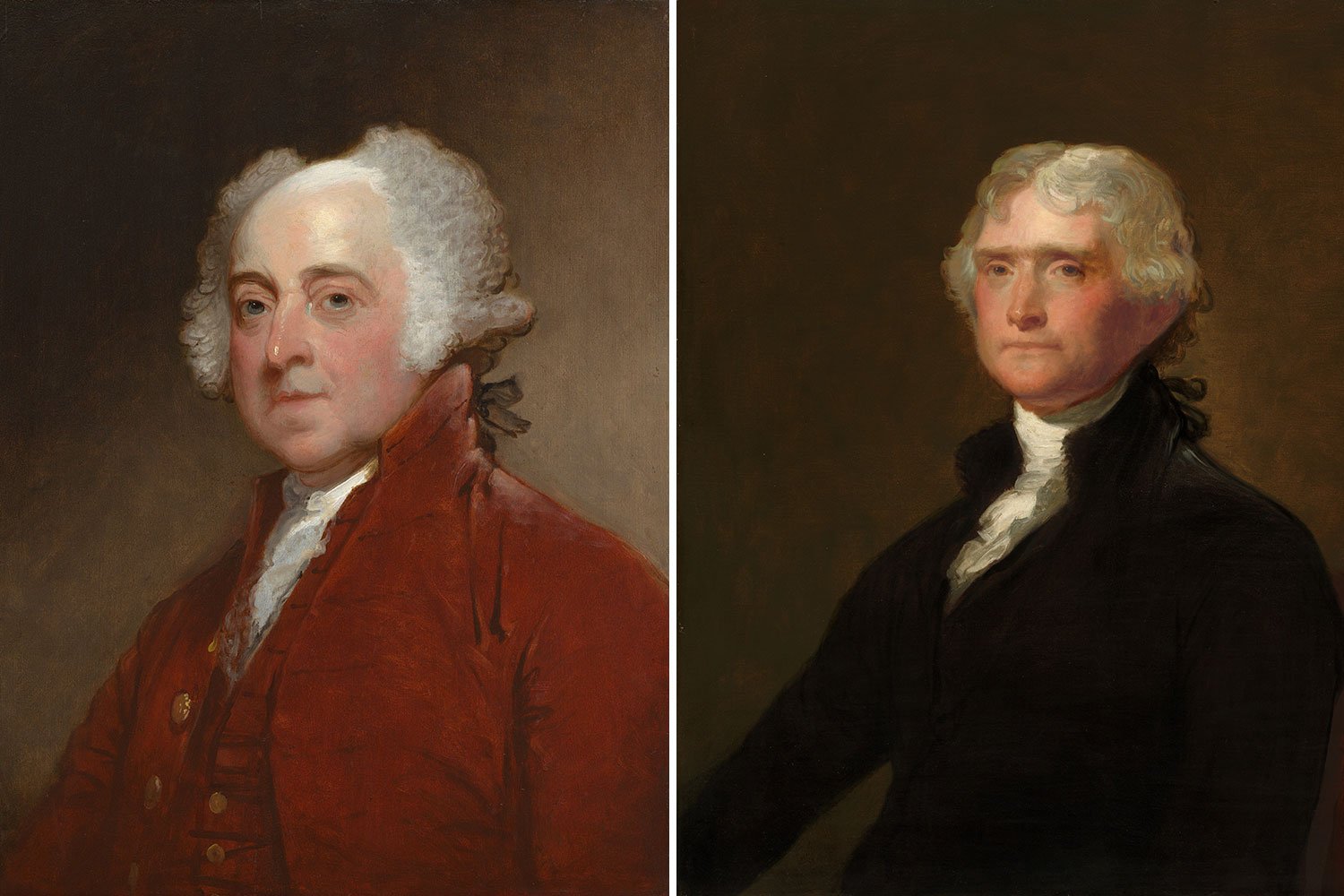
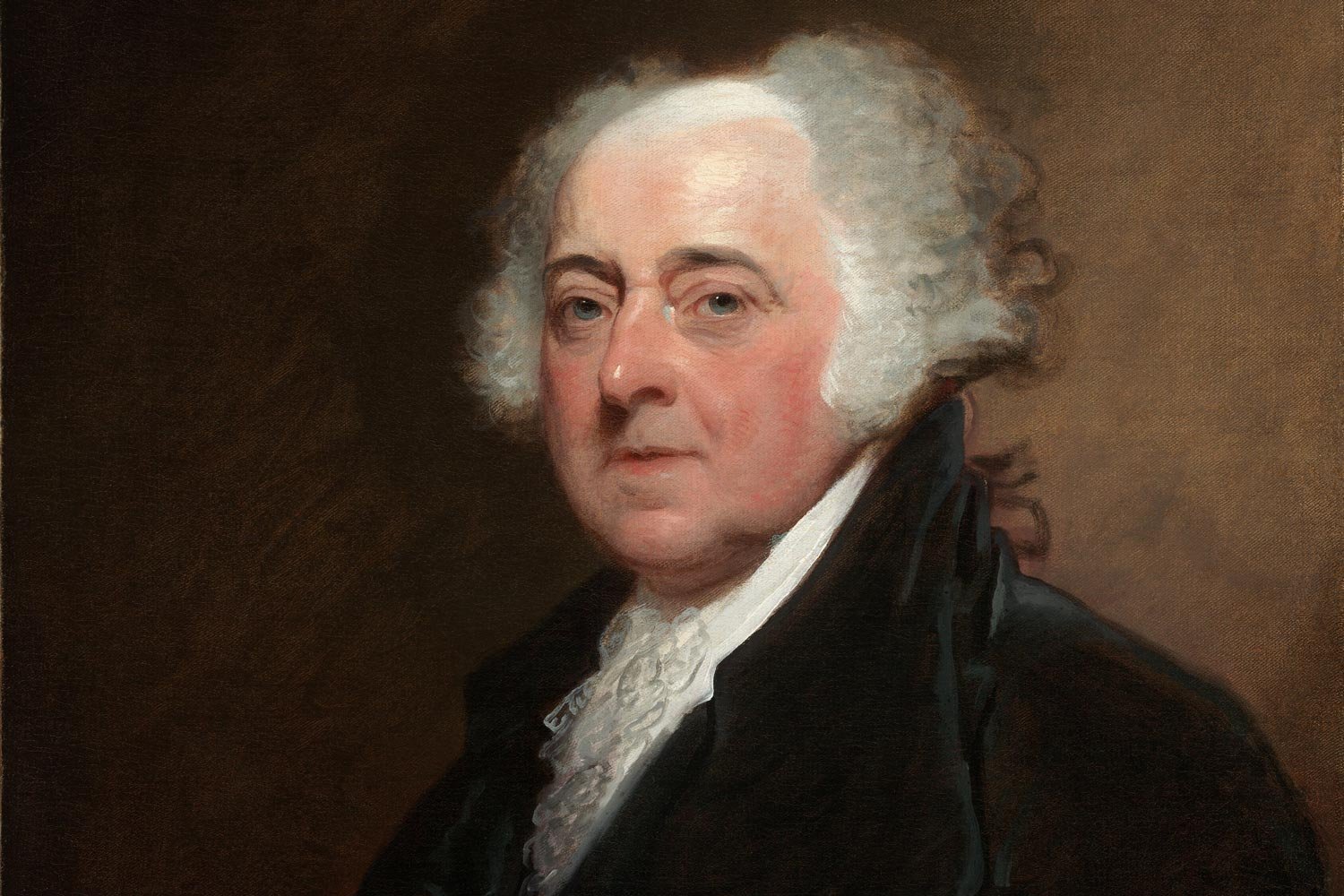
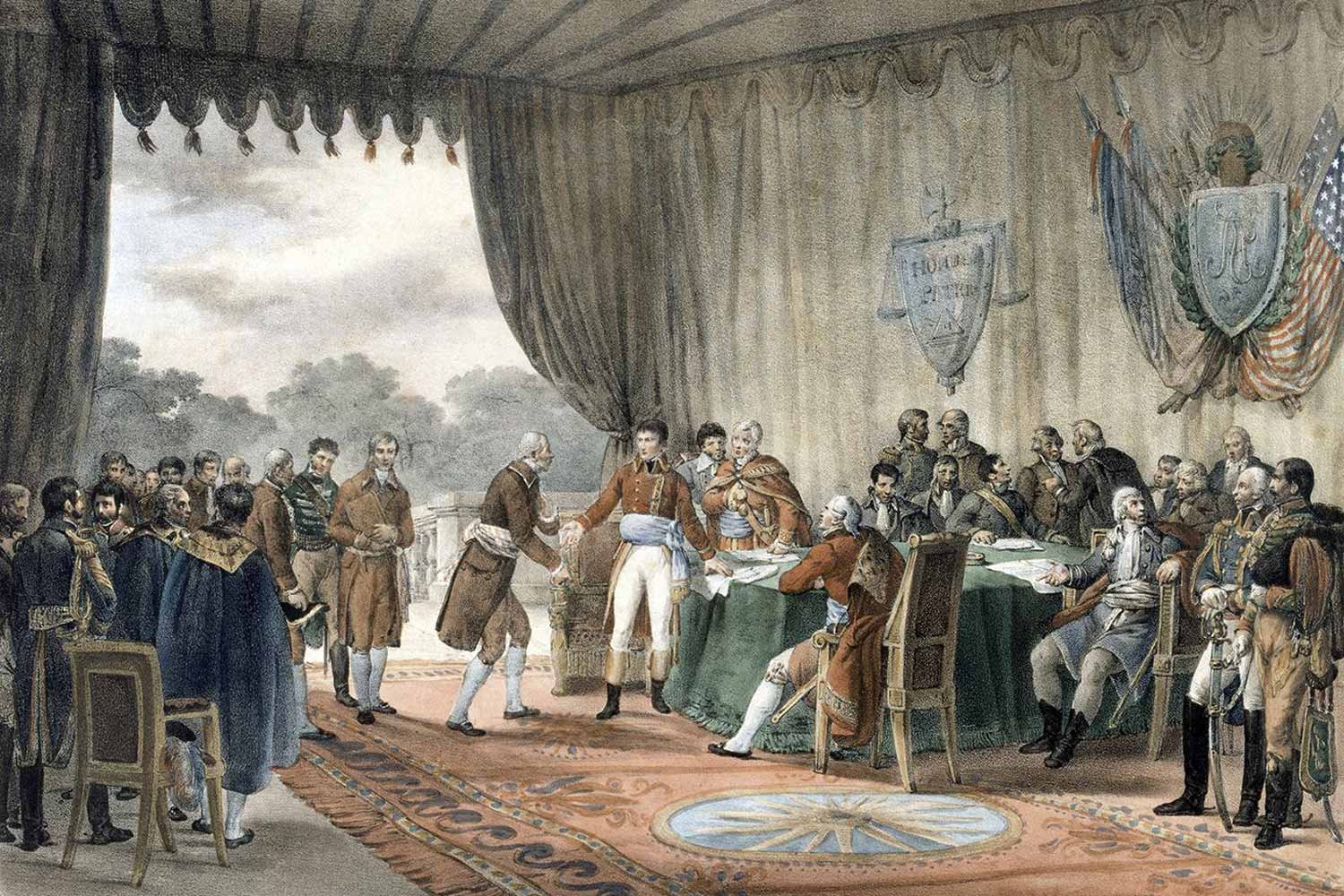
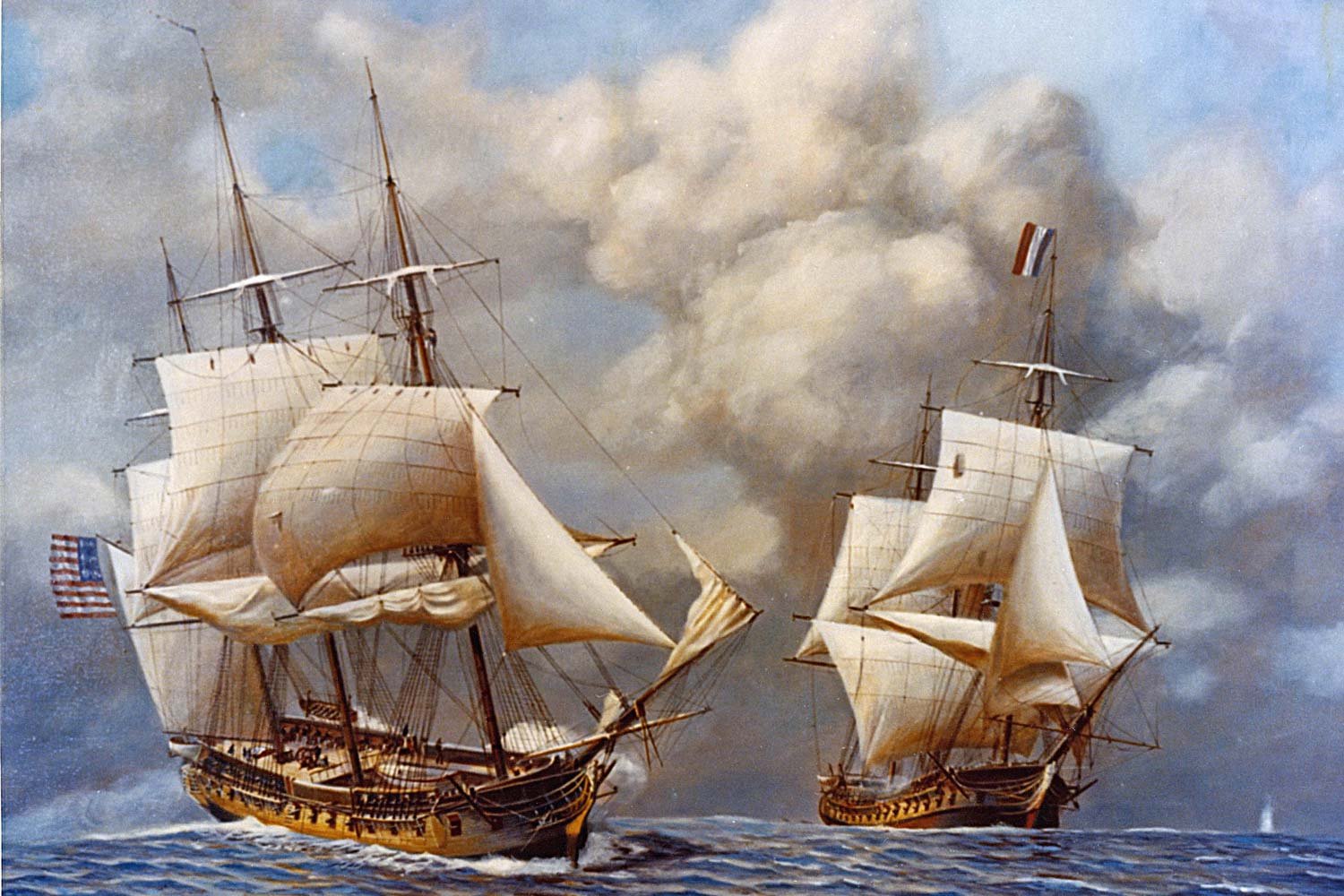
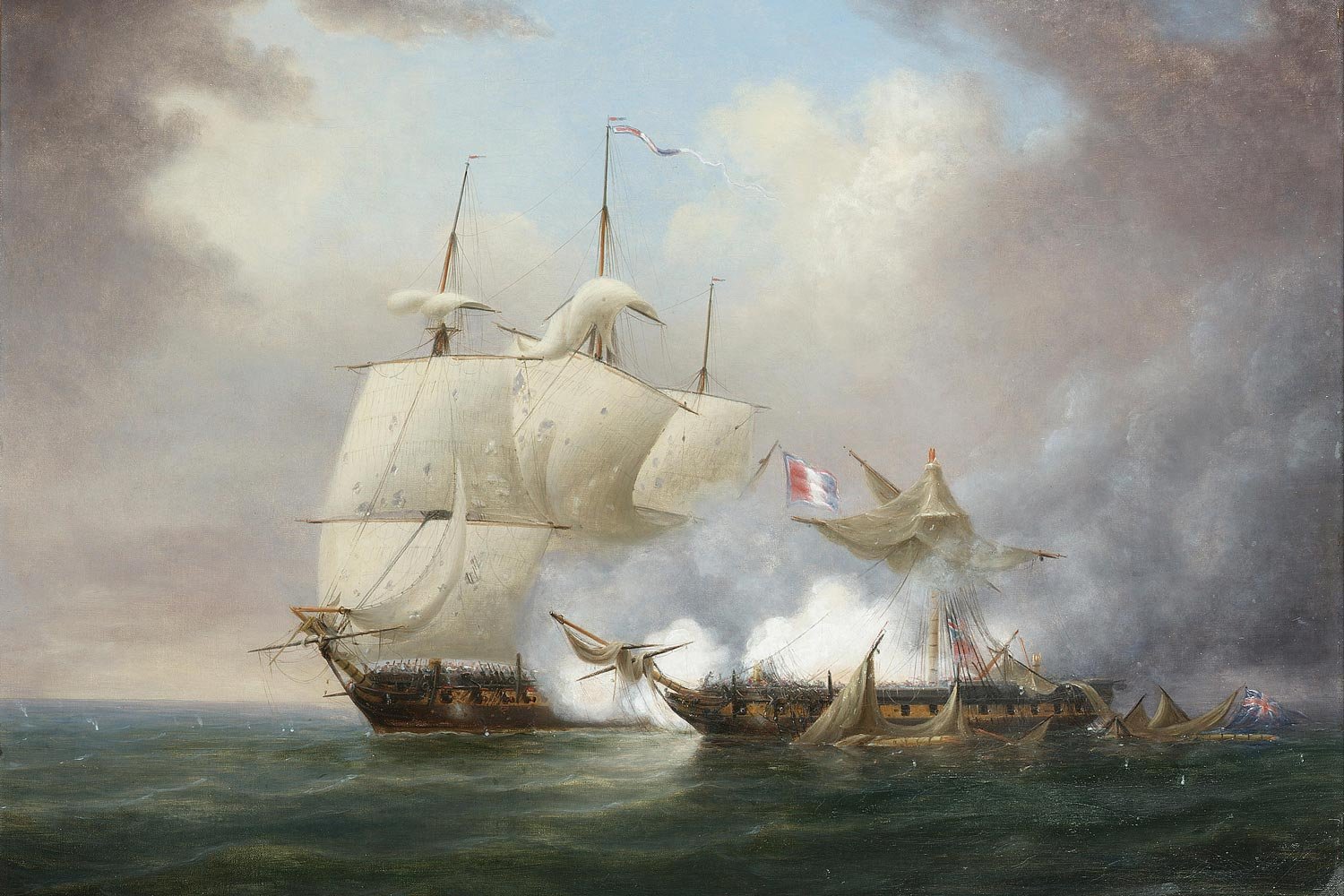
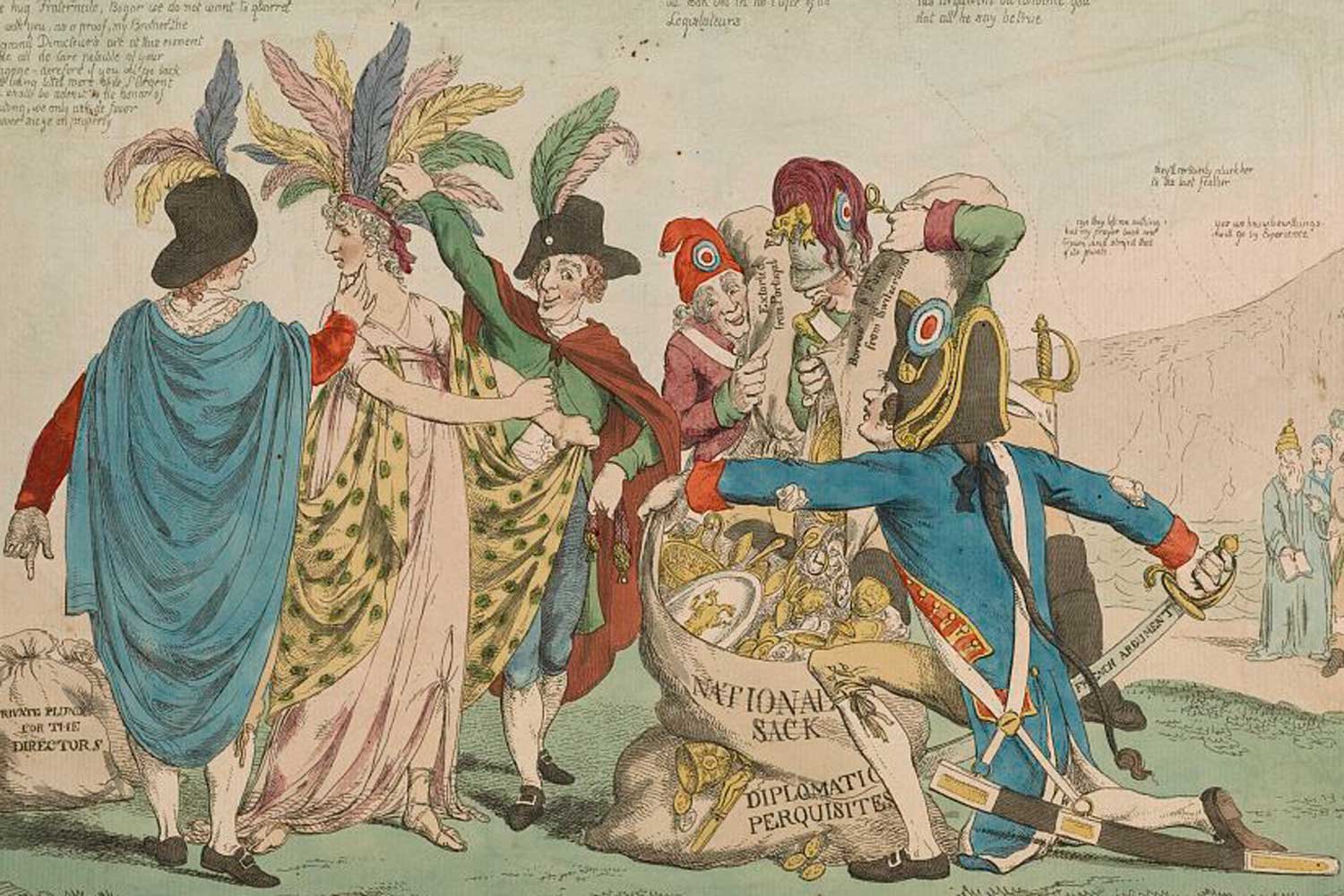
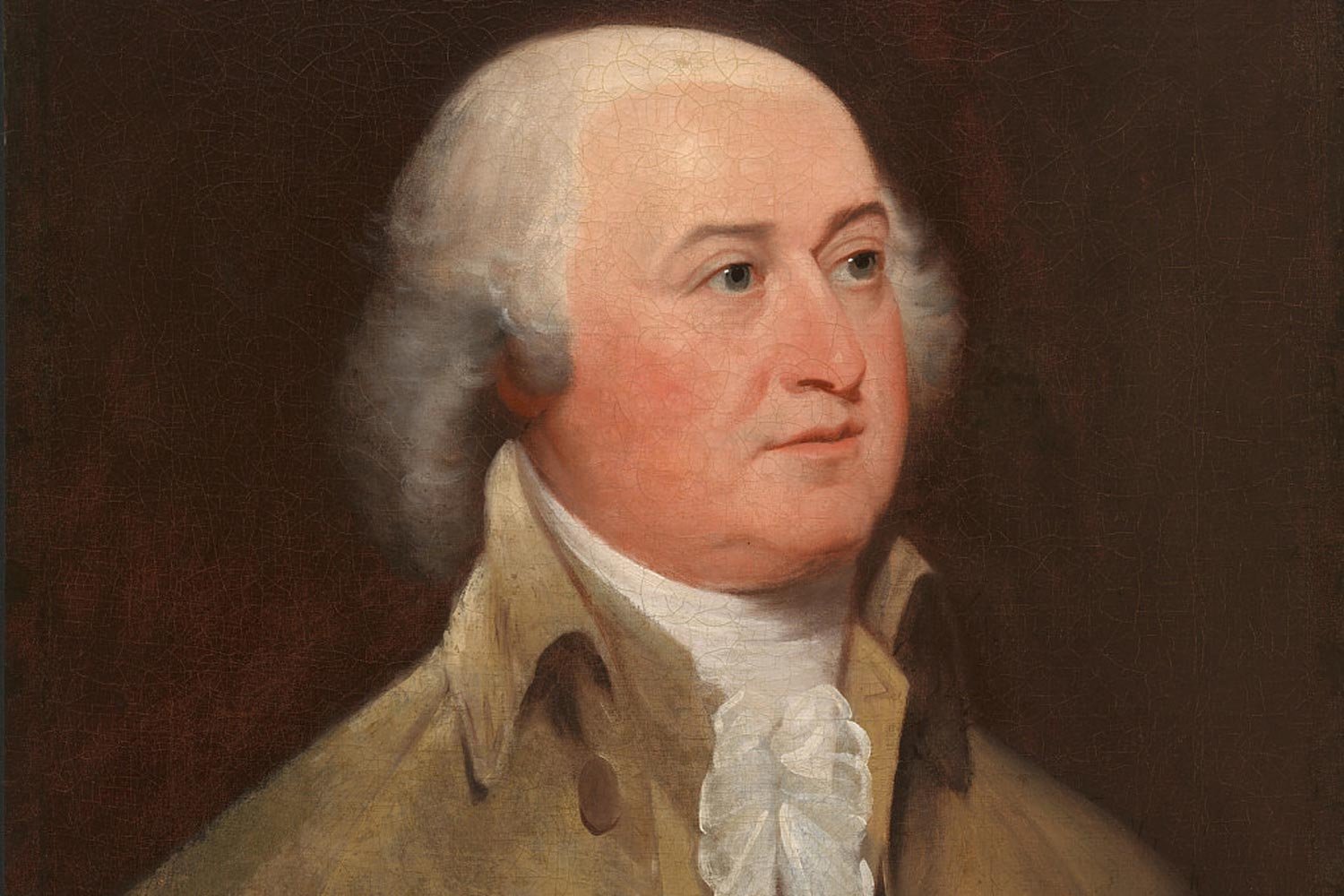
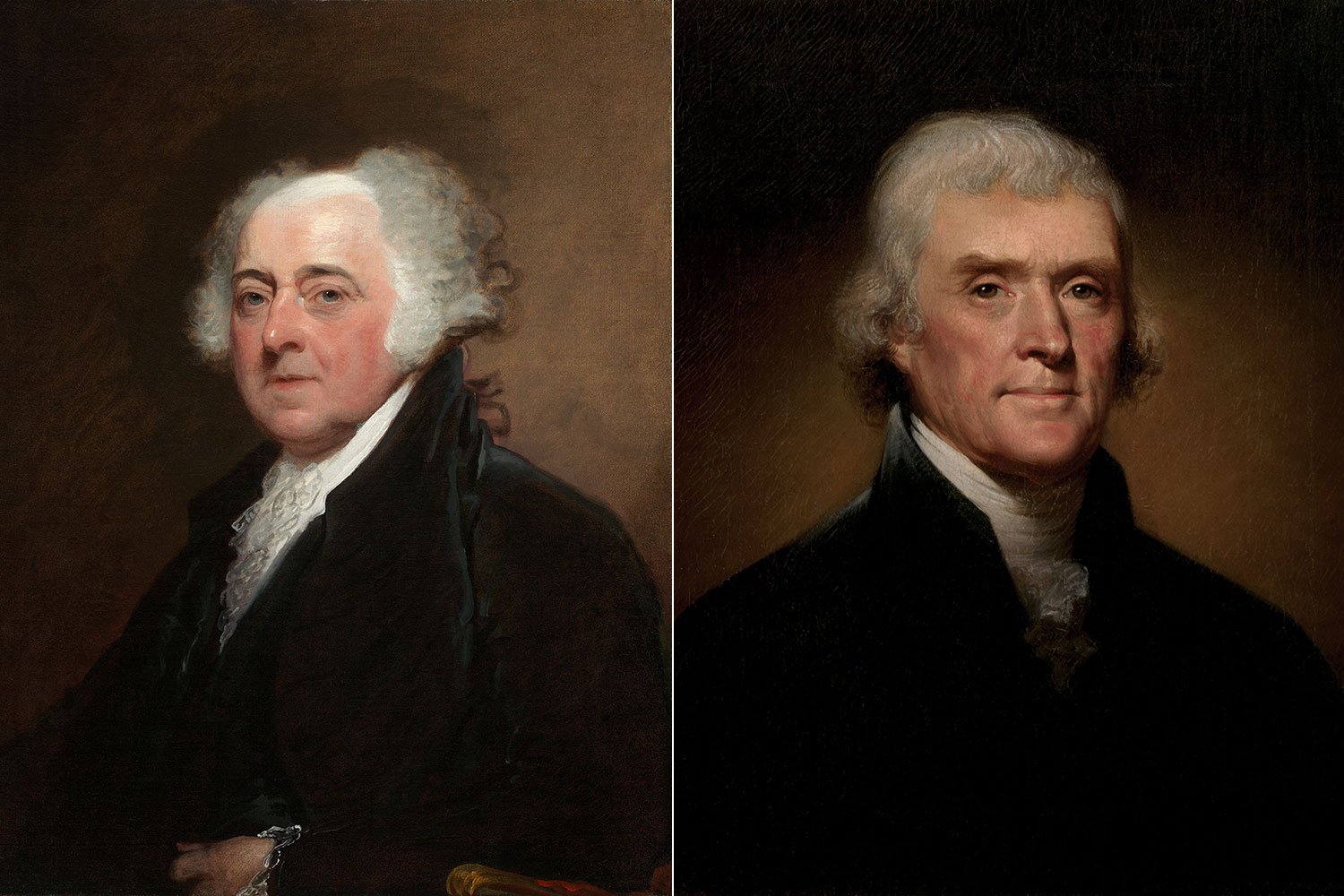
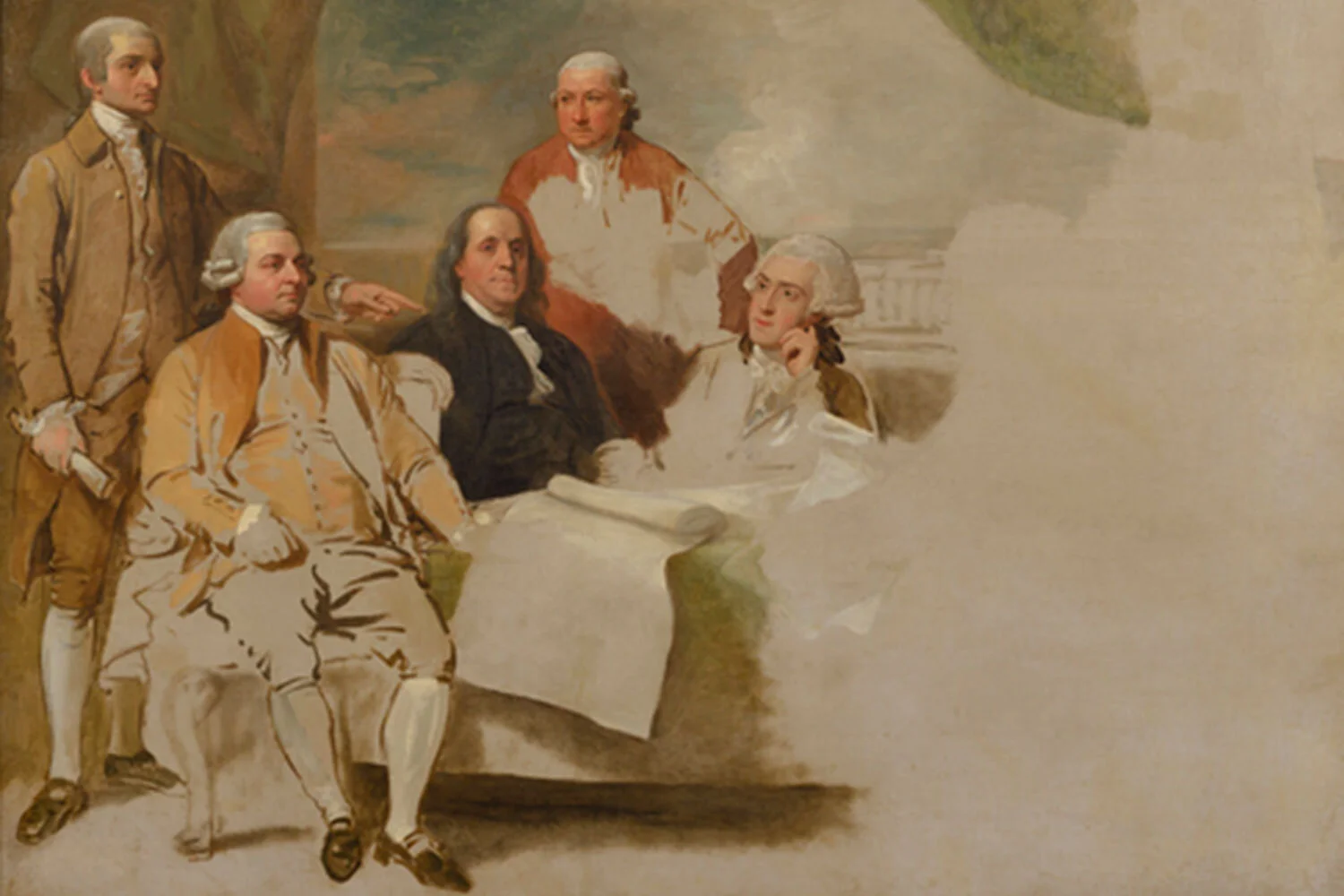
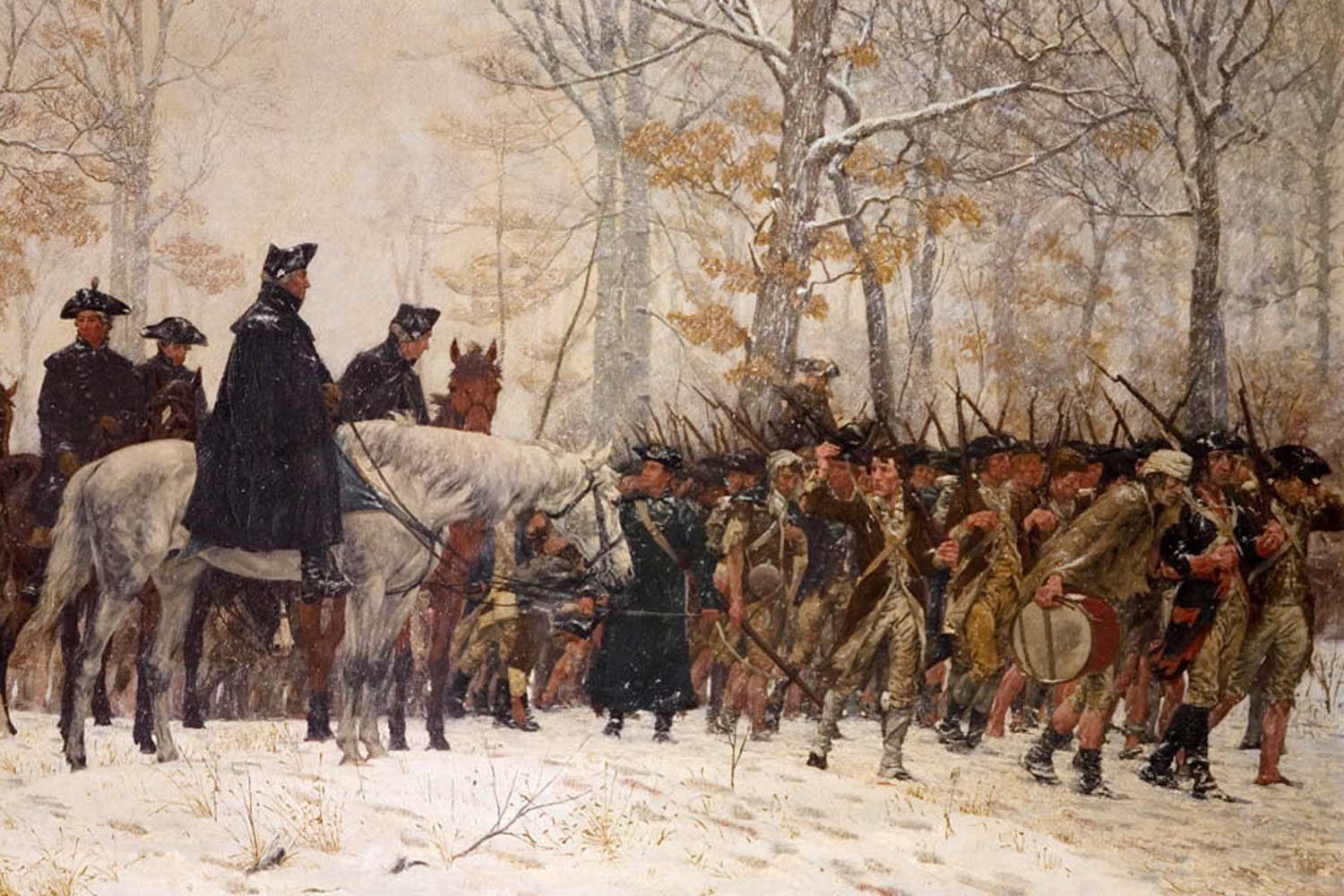
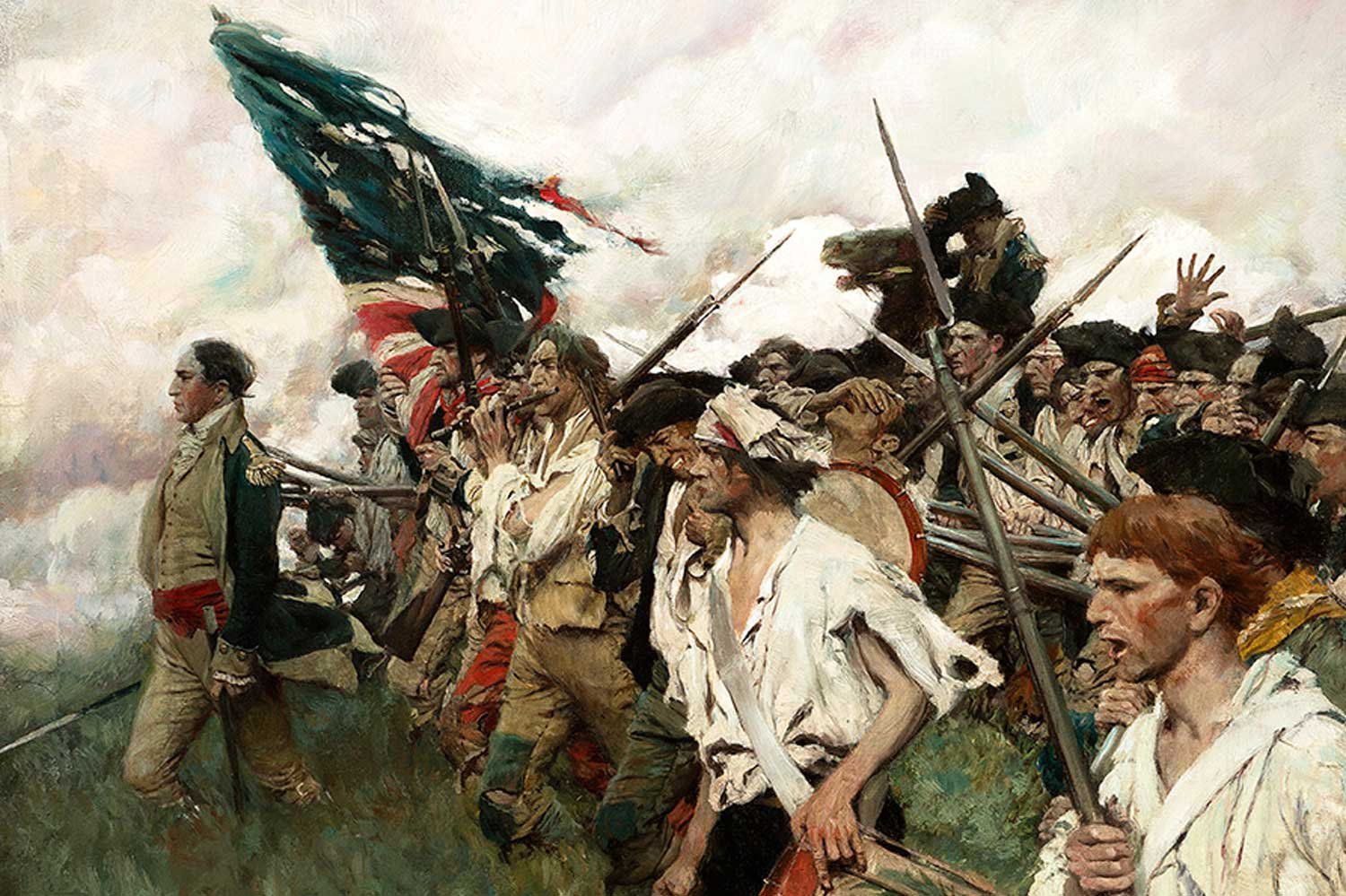
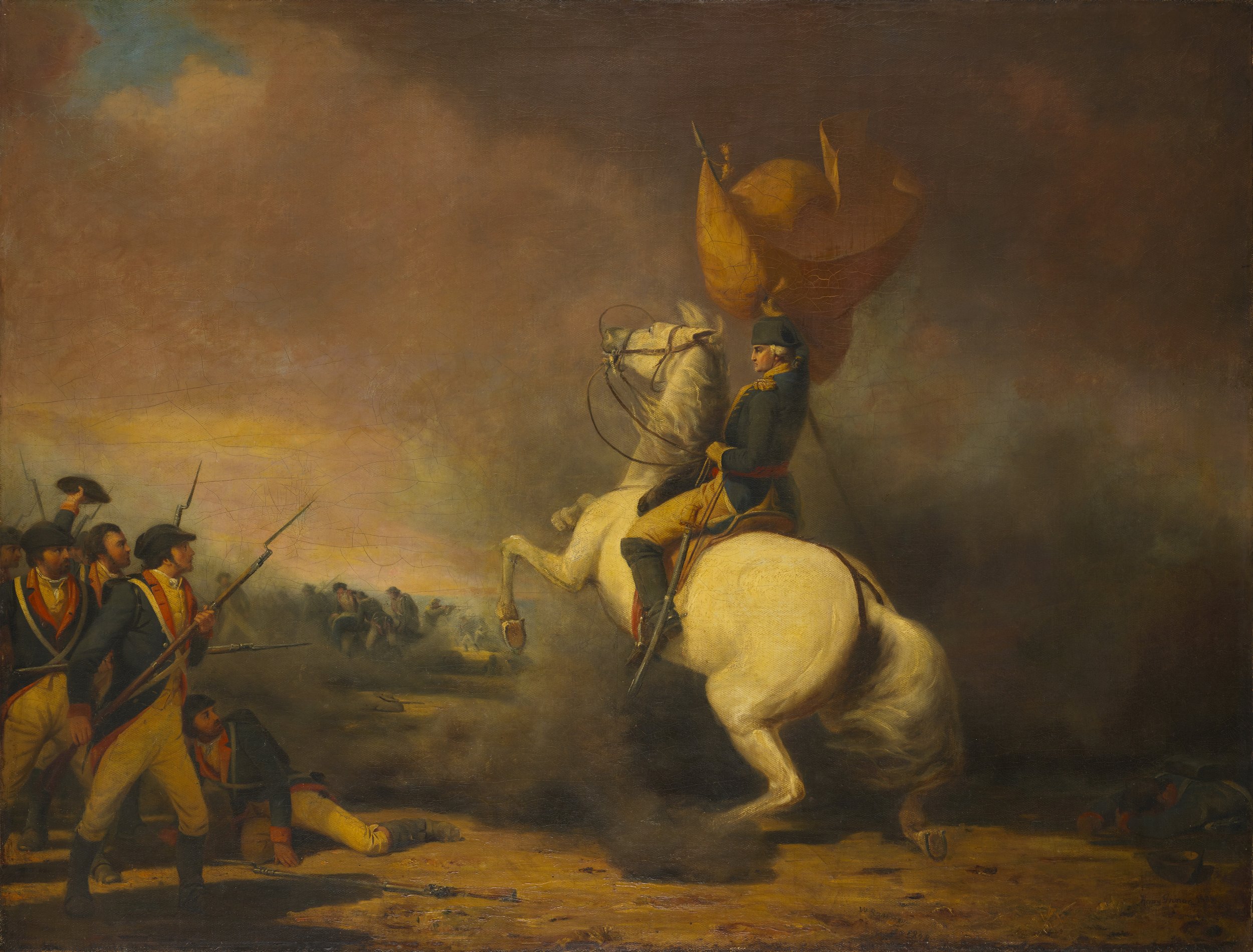
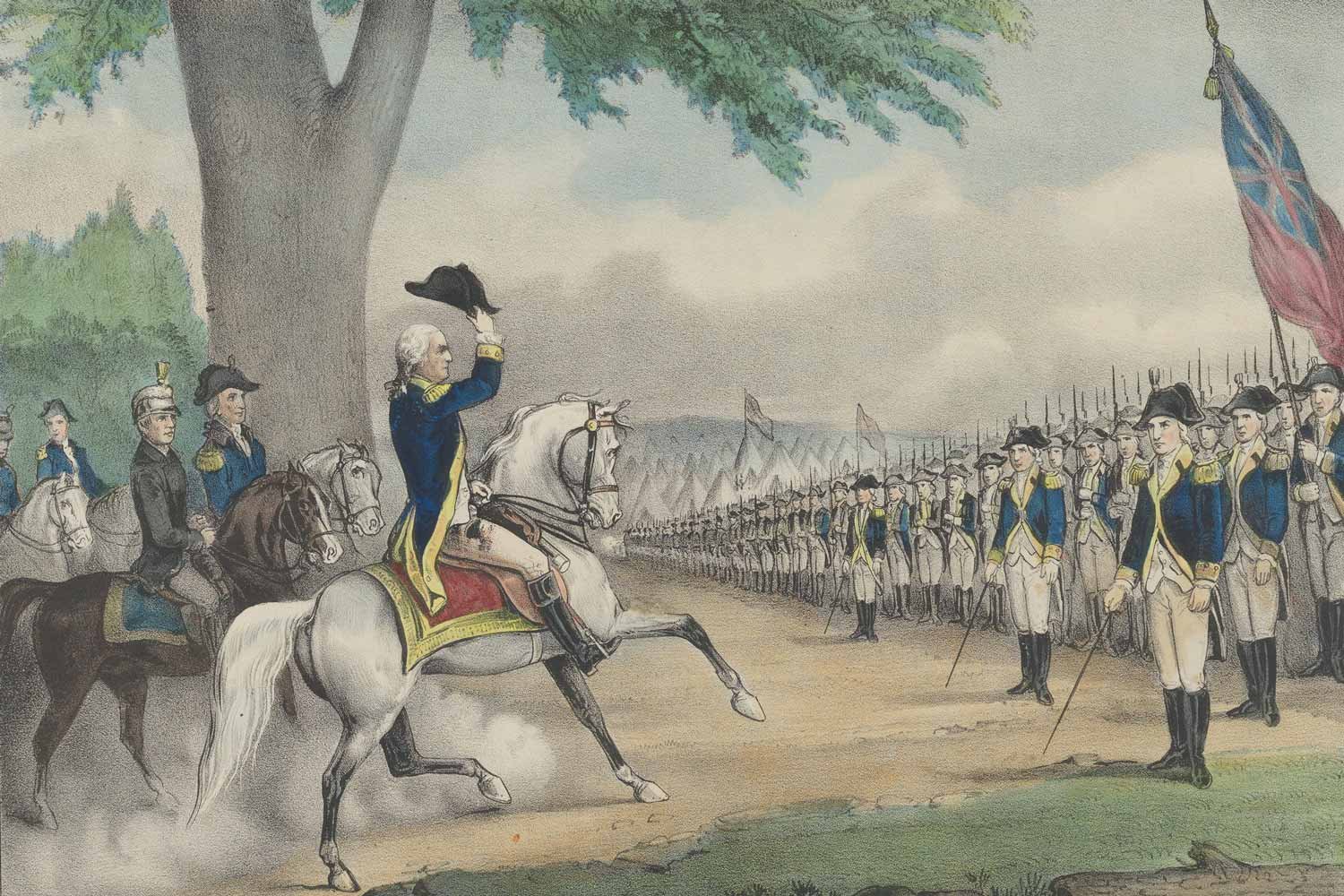
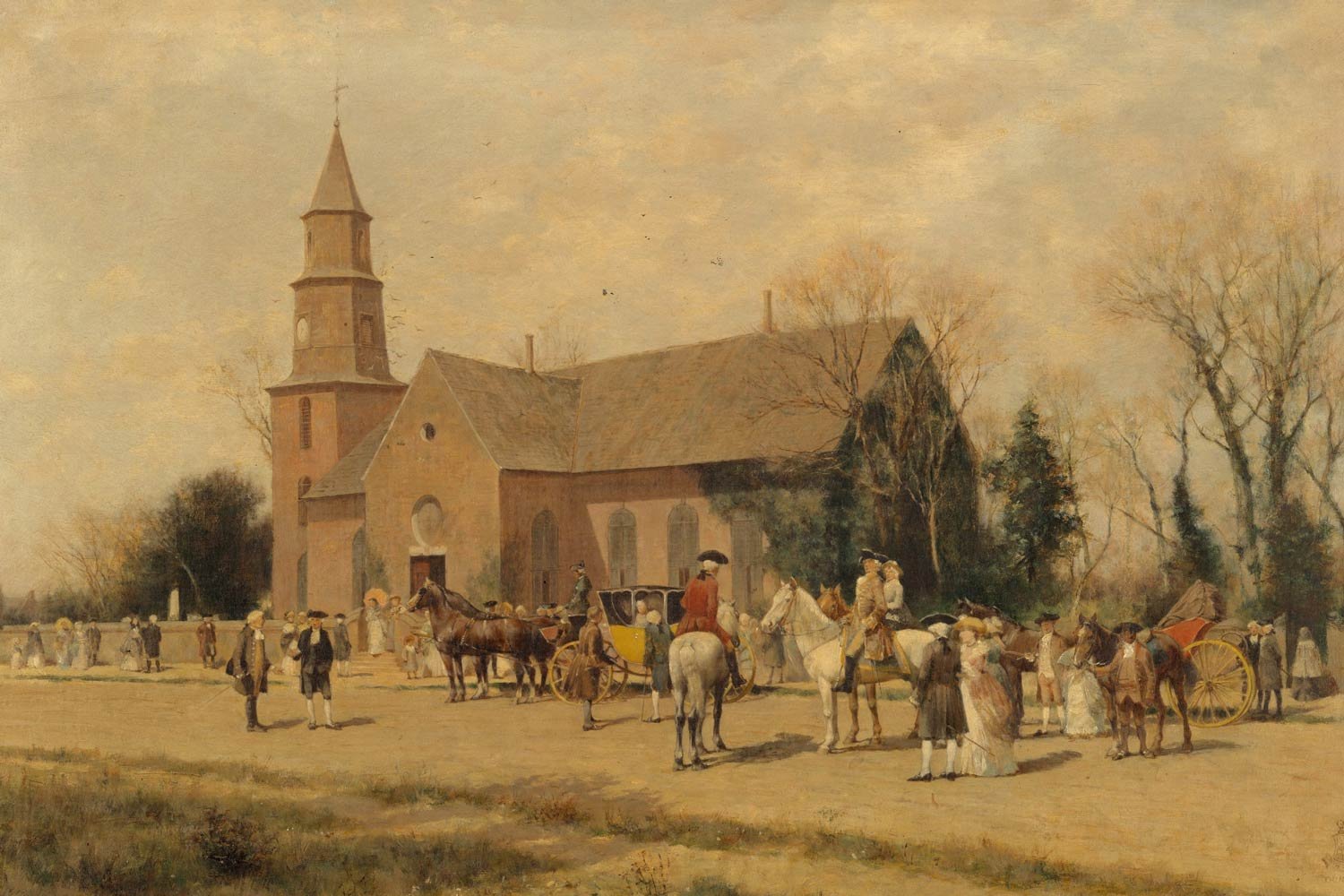
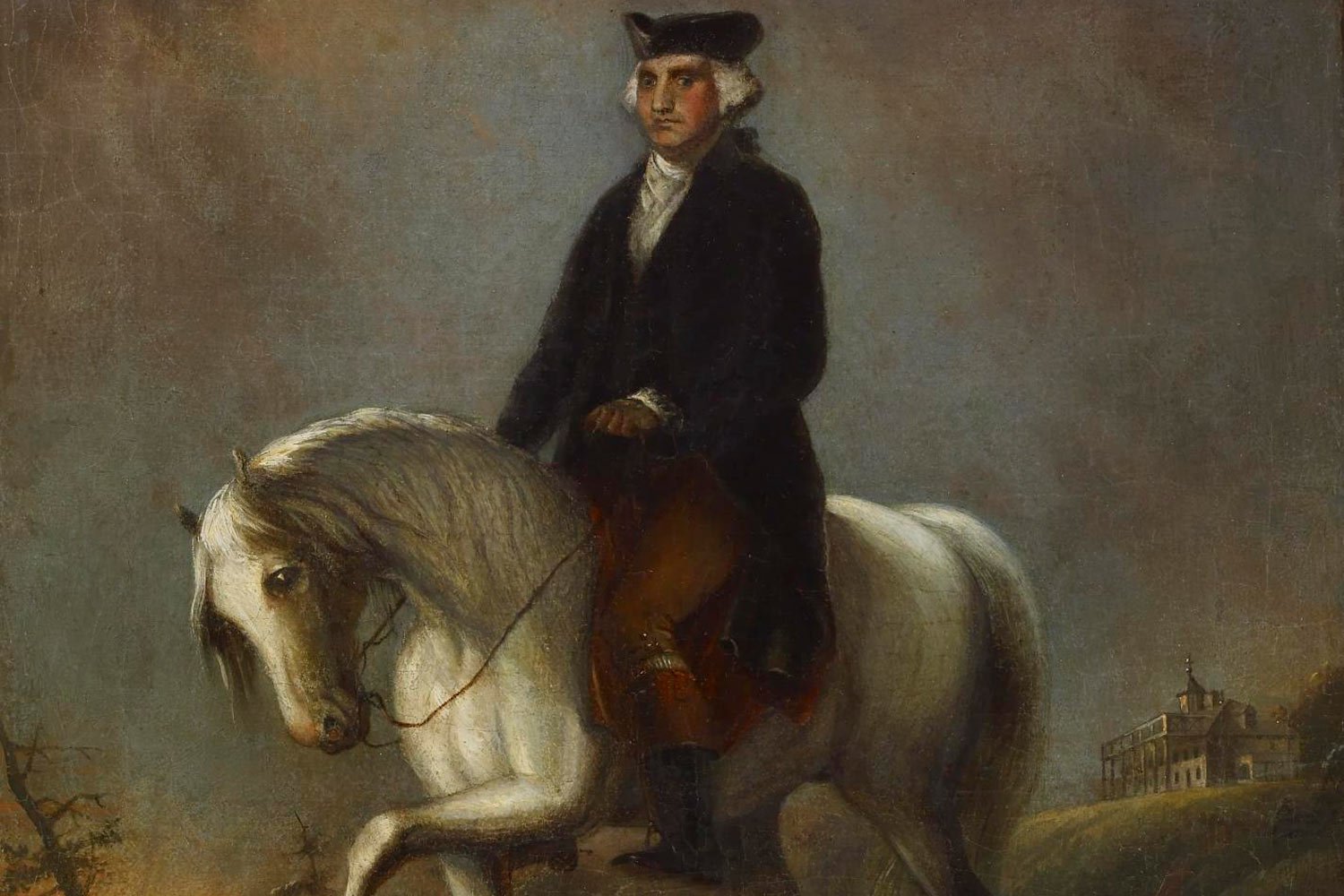
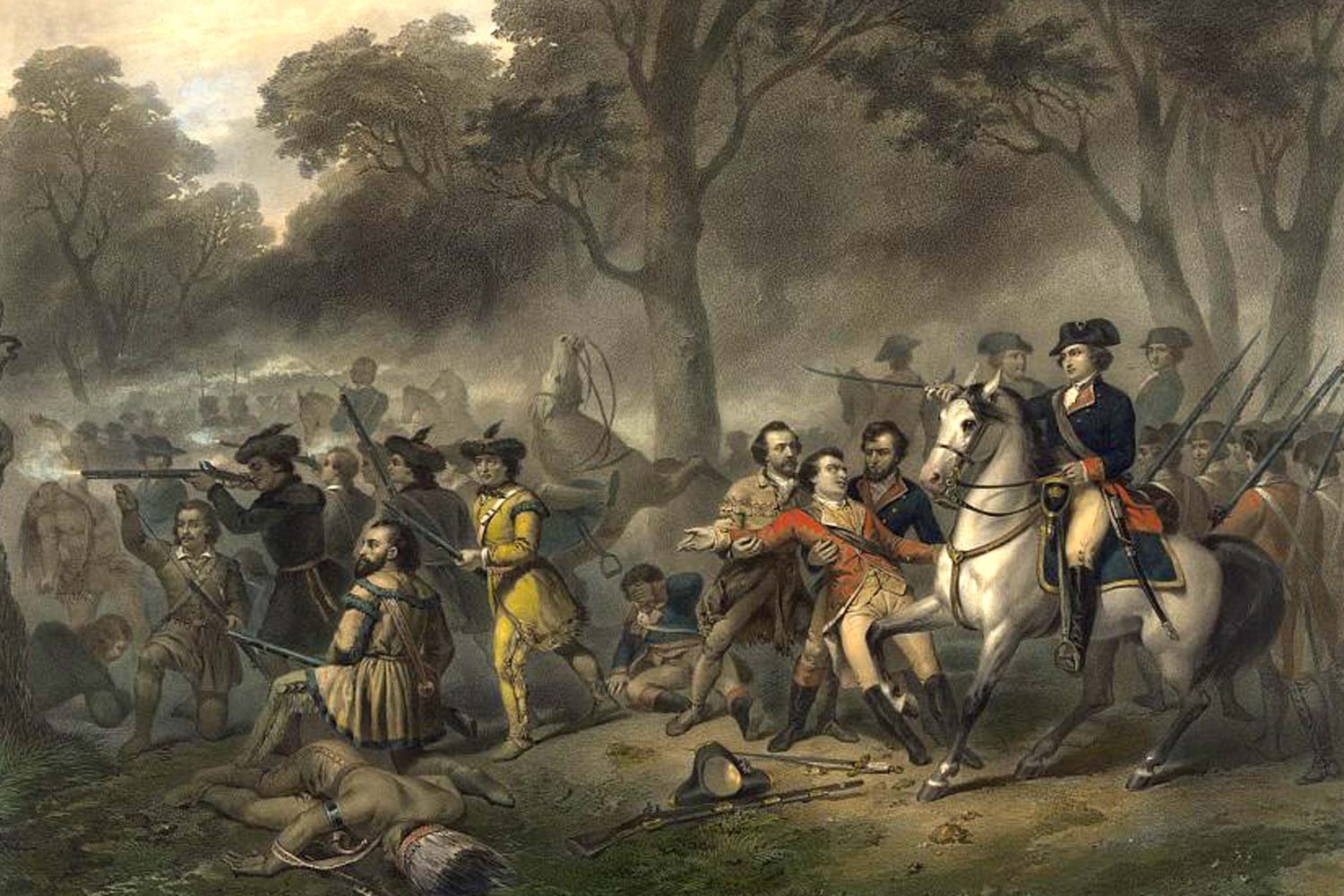
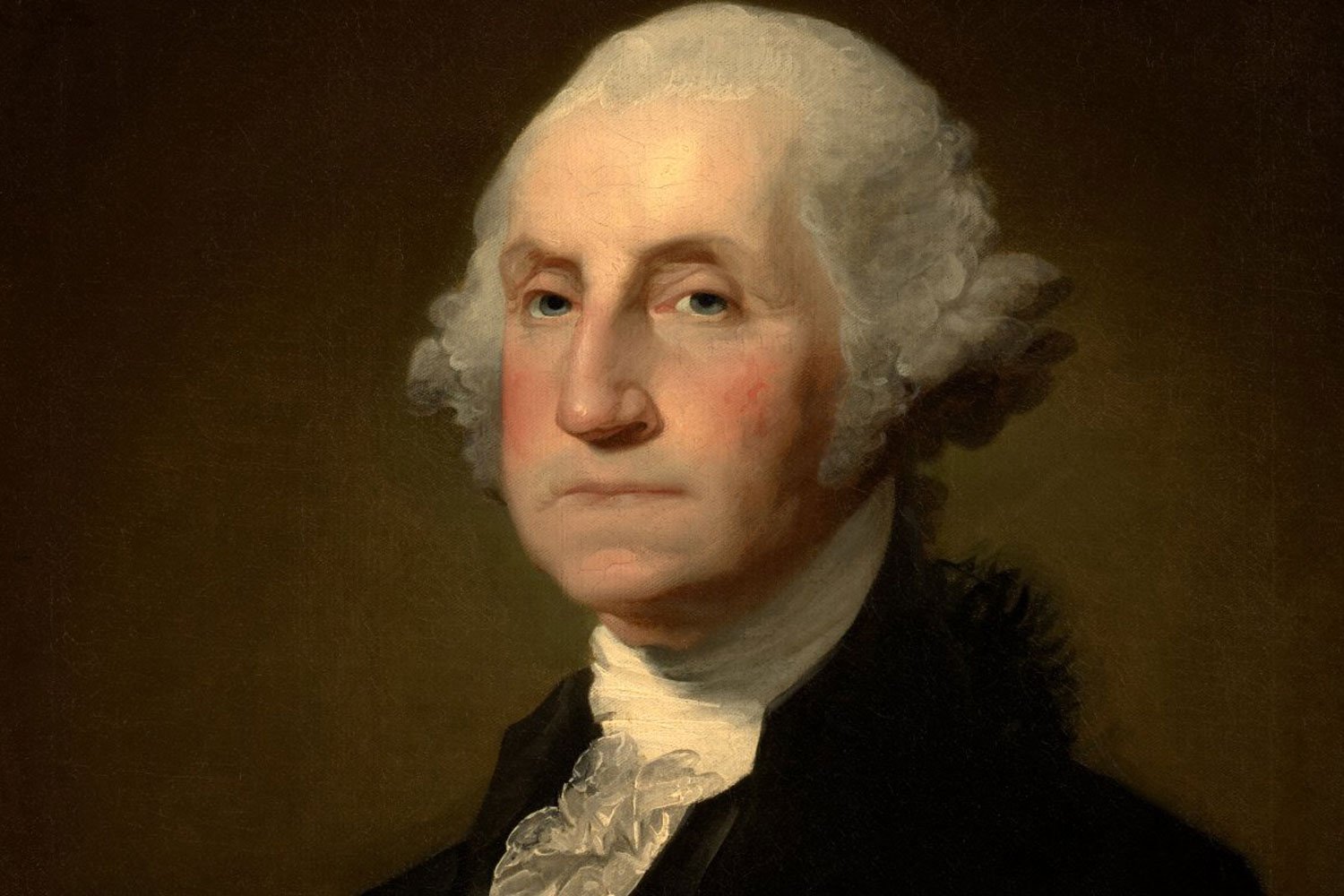
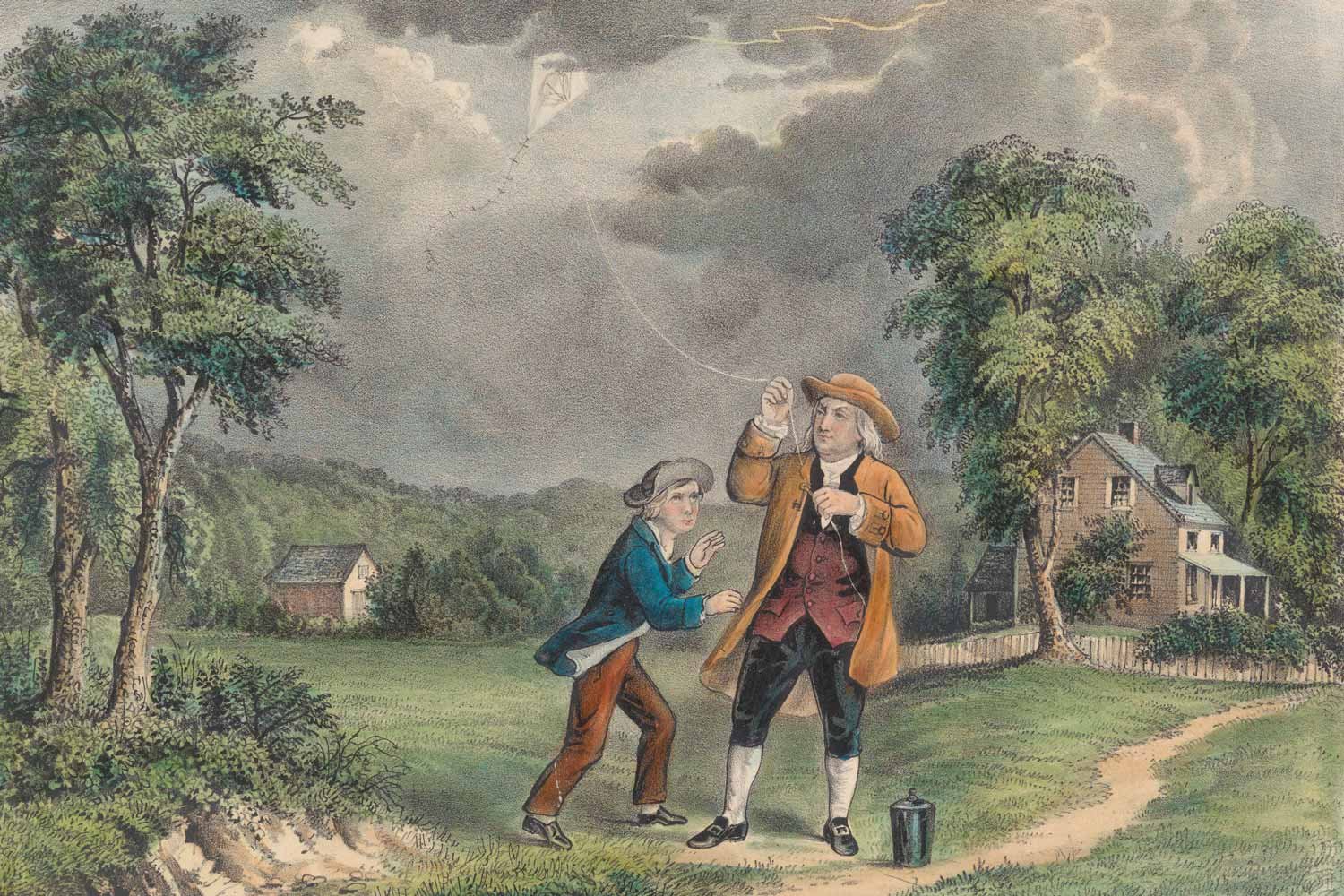
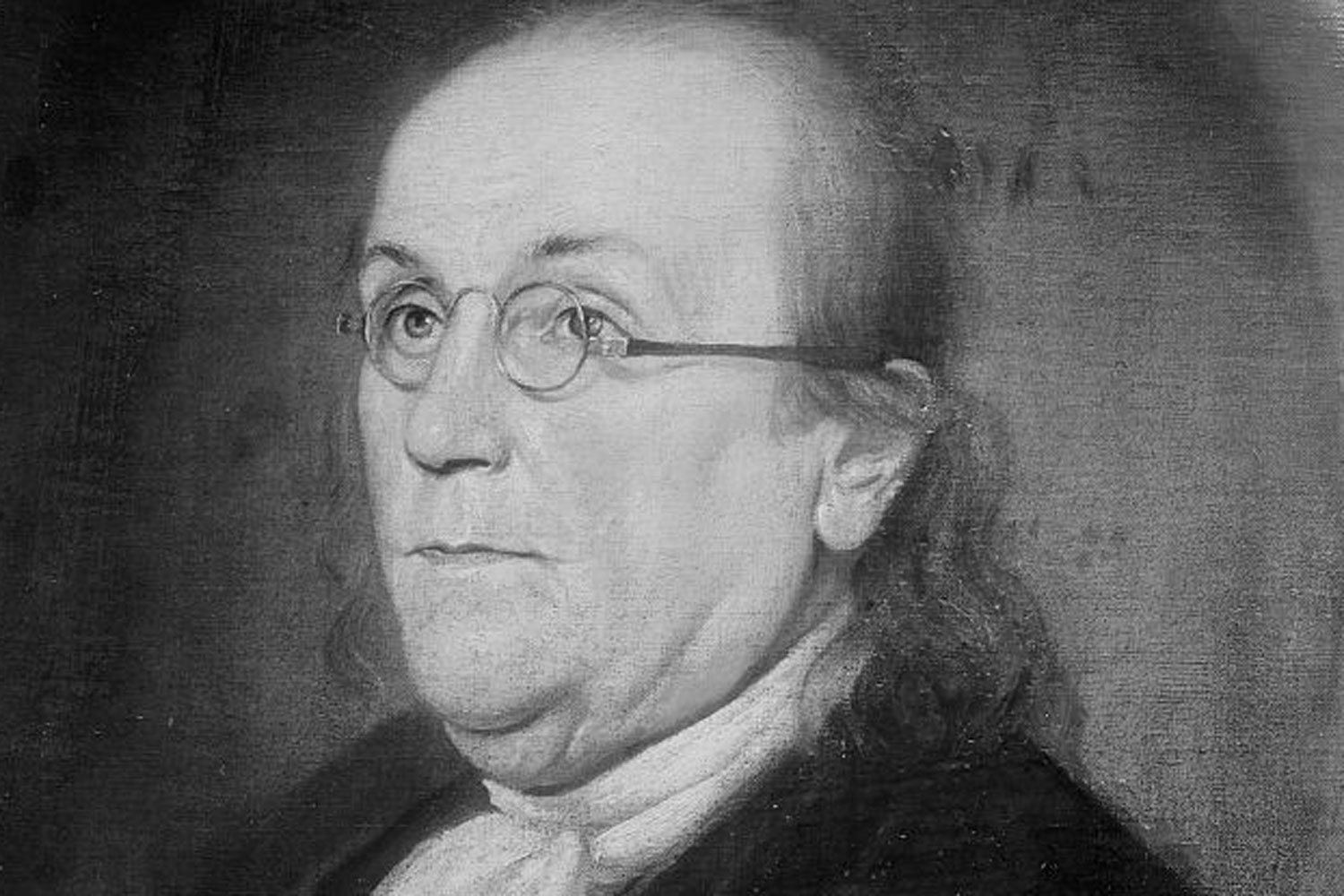
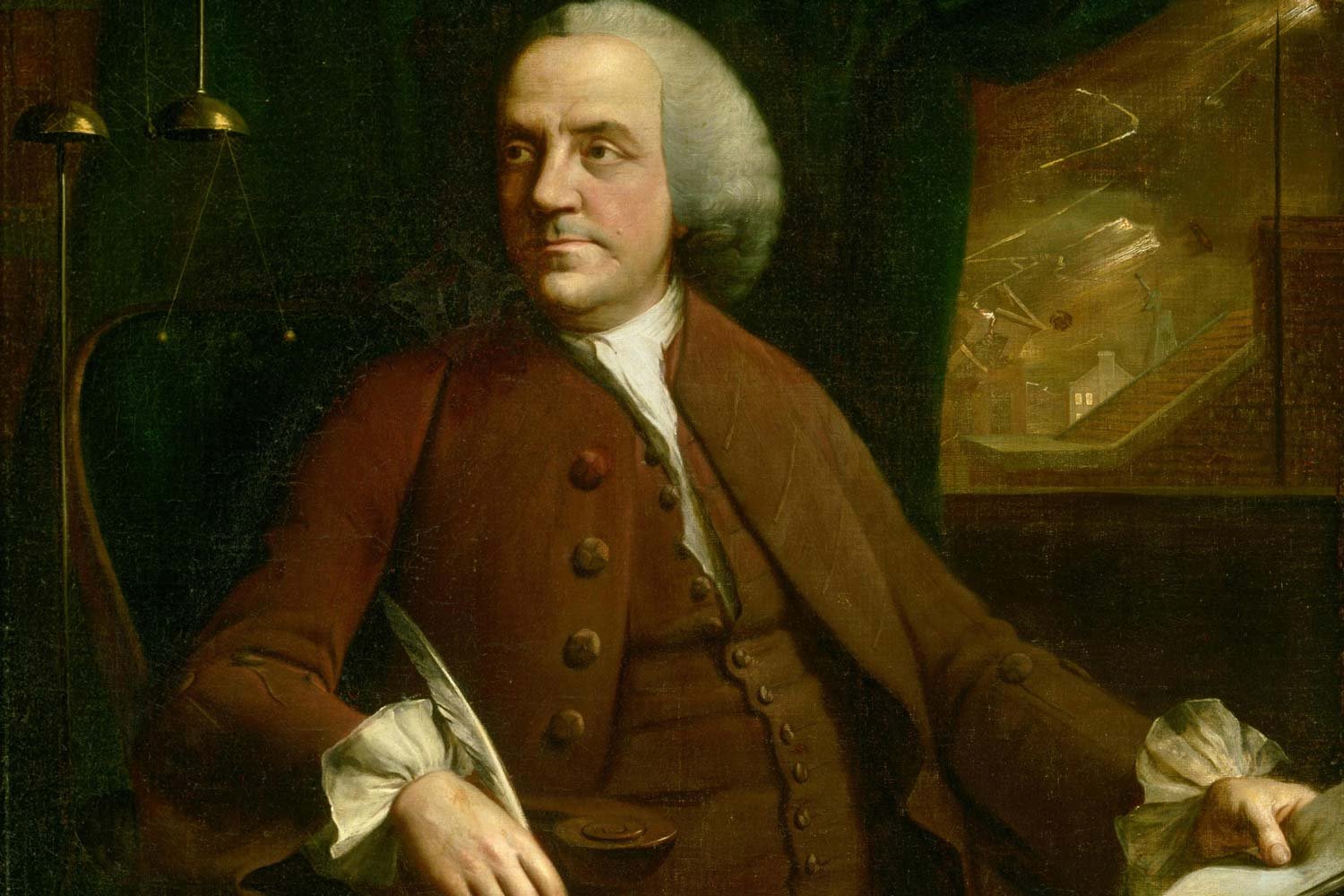
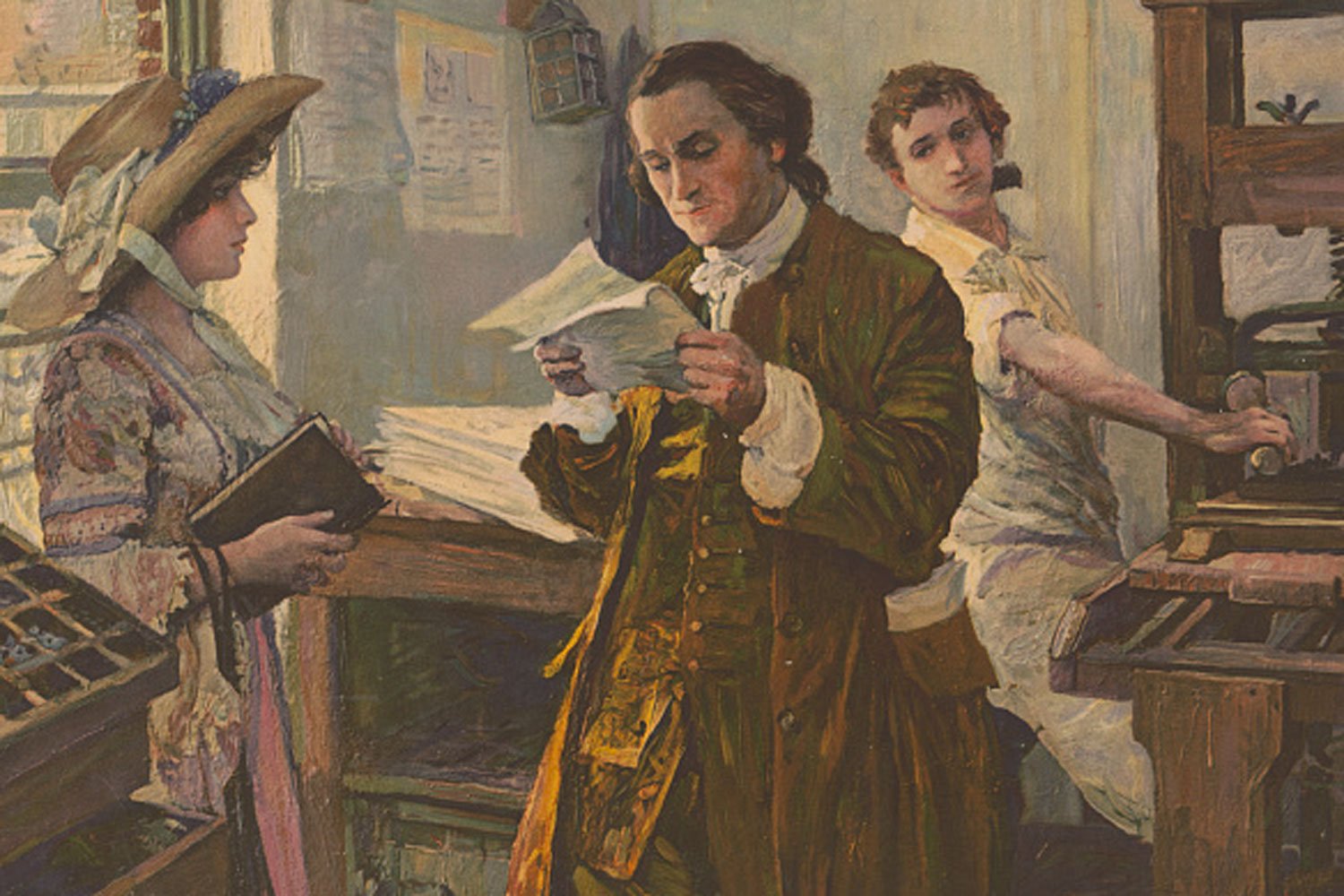

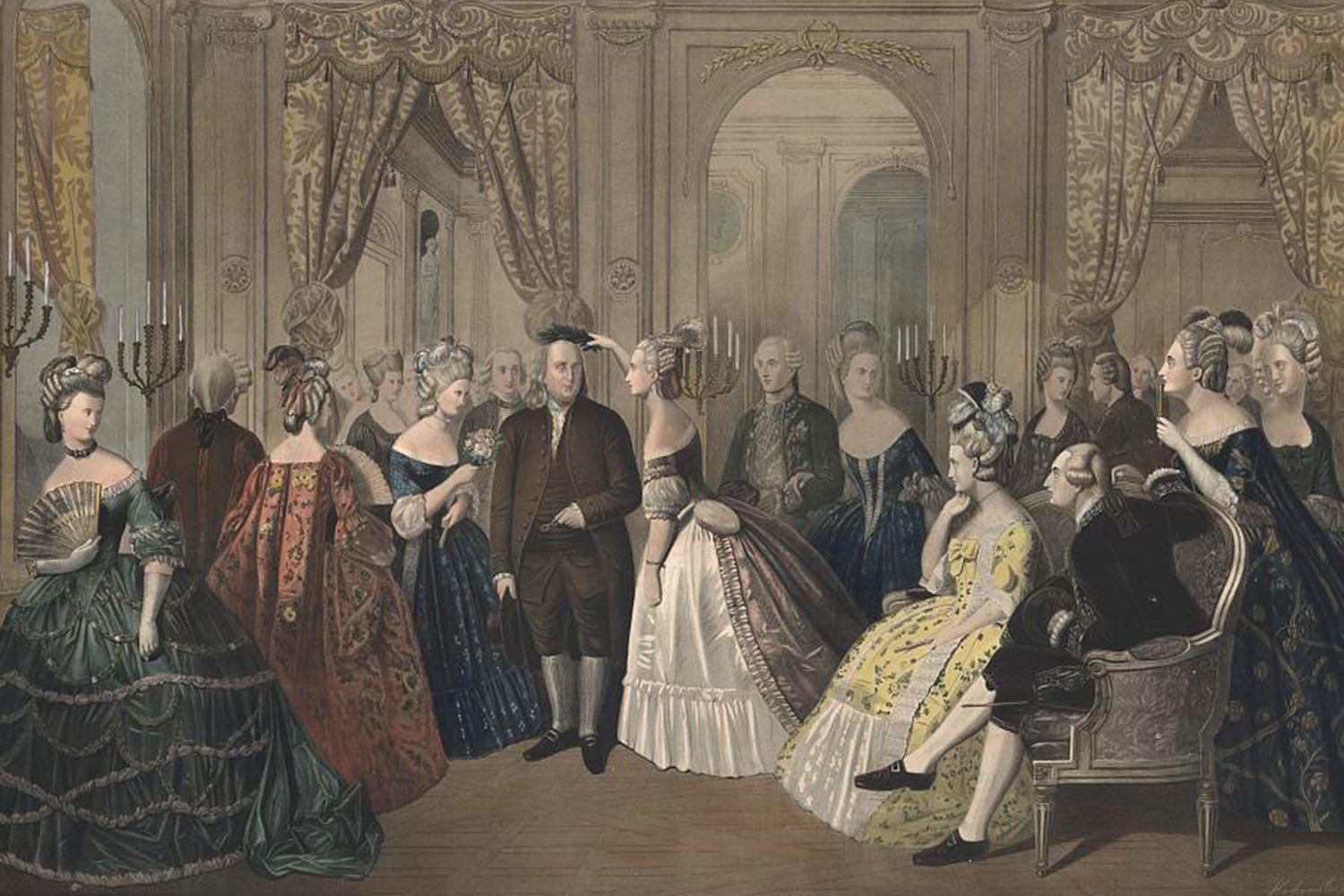
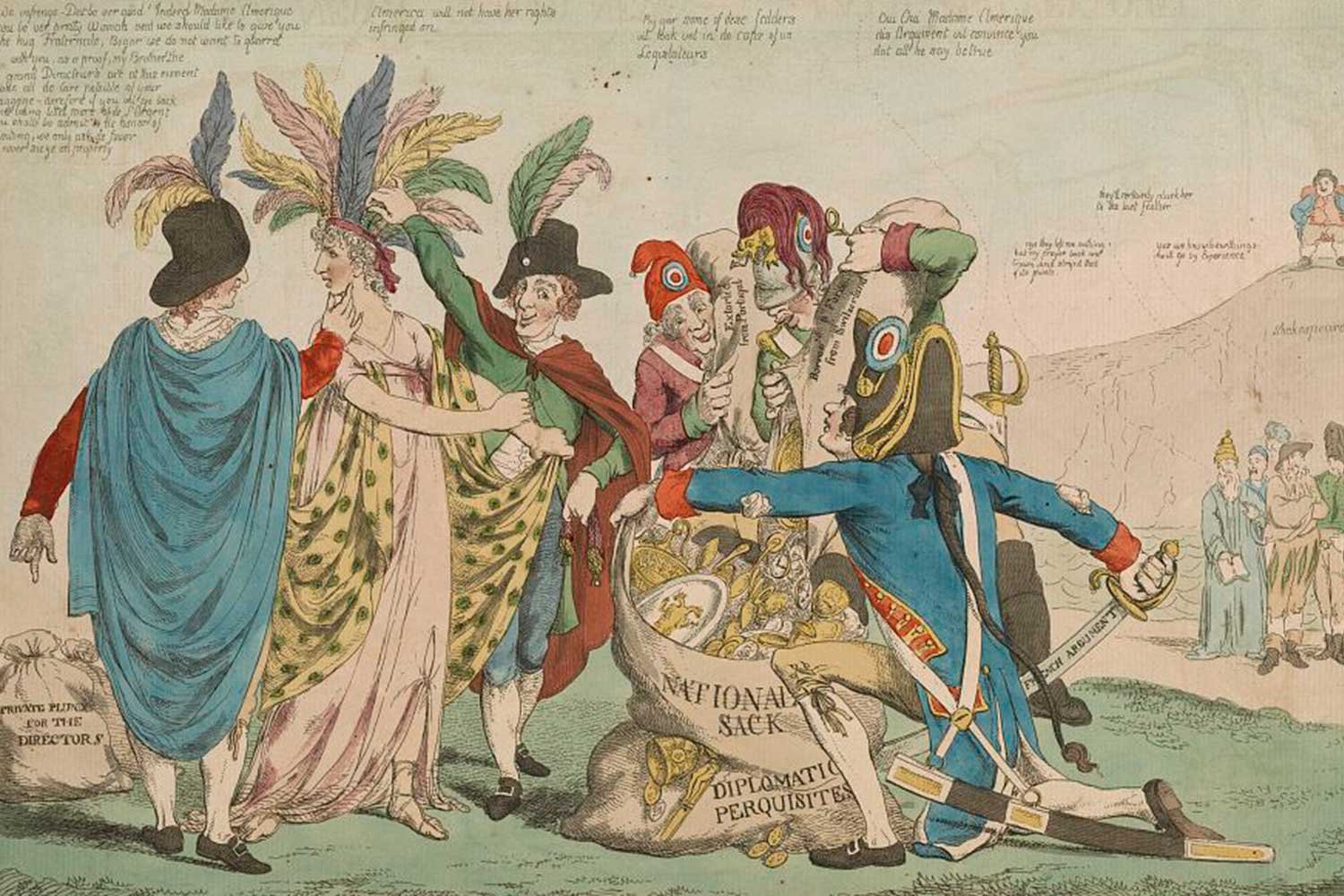
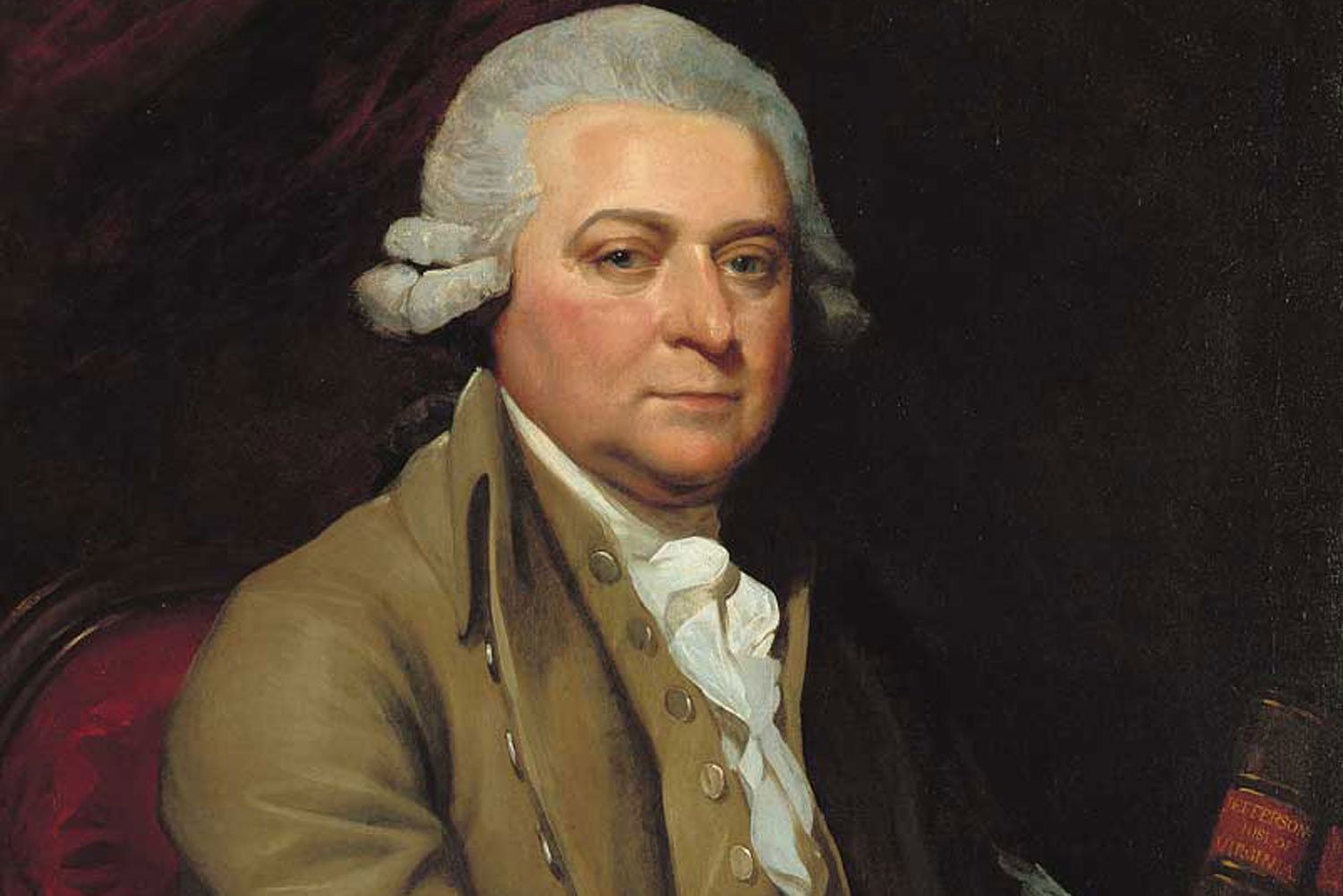
On May 15, 1776, the fifth Virginia Convention meeting in Williamsburg passed a resolution calling on their delegates at the Second Continental Congress to declare a complete separation from Great Britain. Accordingly, on June 7, Richard Henry Lee rose and introduced into Congress what has come to be known as the Lee Resolution.